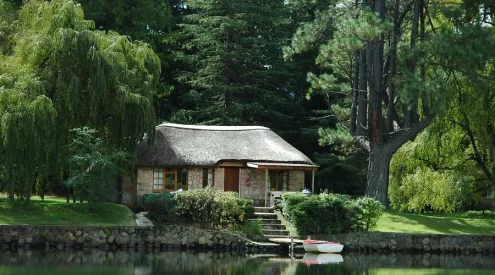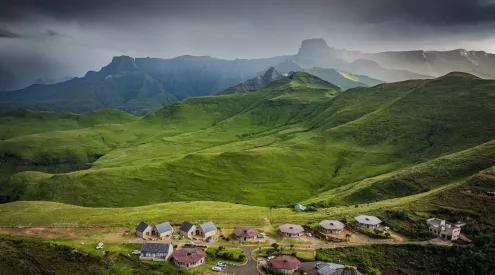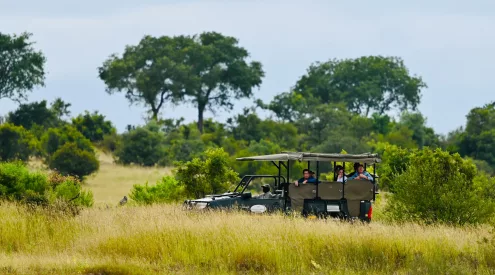South Africa’s lockdown was aimed at slowing the spread of the coronavirus, but it also resulted in decreased rhino poaching in the country.
Rhino poaching in South Africa has been a problem for years. While culprits are regularly apprehended, little has been done to catch those who are orchestrating the crime.
Restriction of movement seemed to play a big role in cutting off these operations though. In the first six months of 2020, poaching fell by more than 50%. Still 166 rhinos where poached.
The shutdown of domestic and international travel has been identified as a key role player in this decline.
‘The lockdown presented an opportunity for us. There was no international or local tourism and the lockdown also prevented poachers from moving around and we were able to ramp up our protective measures,’ Albi Modise, spokesman for the Department of Environment, Forestry and Fisheries, told The Associated Press.
This is not a solution to the rhino poaching problem and this is acknowledged by the department.
‘Although the killings of rhinos have reduced this year, this could be a temporary reprieve,’ said Cathy Dean, chief executive of Save the Rhino. ‘With the economic downturn caused by the coronavirus, and the decline of tourism, many people are desperate and some may turn to poaching. With a resumption of international flights, we may again see seizures of illegal rhino horn, which indicates a resurgent trade.’
Image credit: Unsplash


















